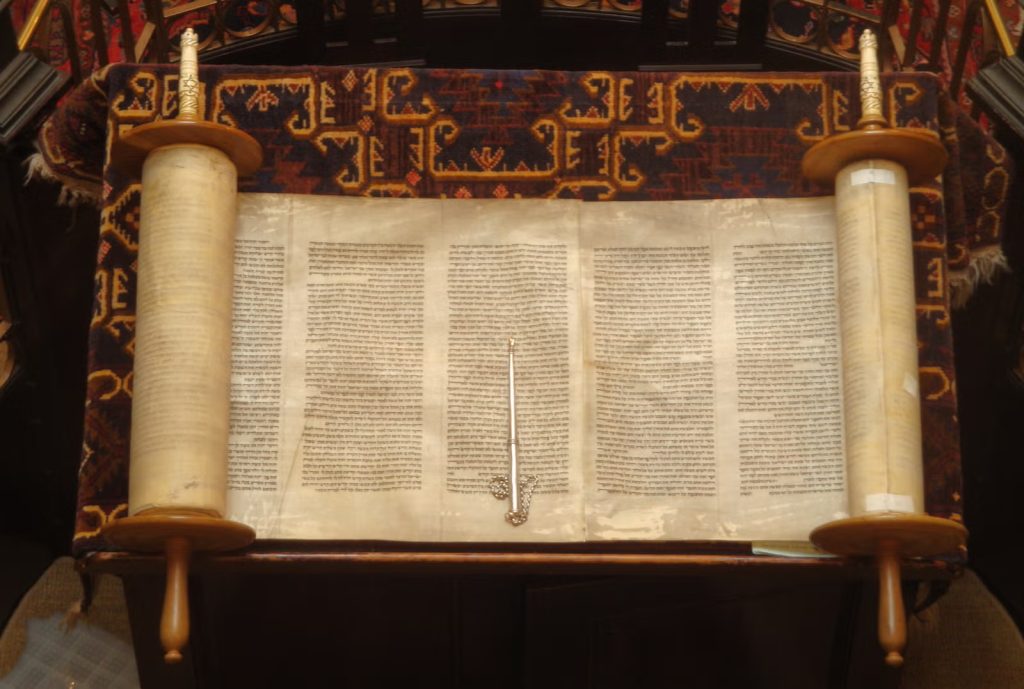ESP and Judaism
The relationship between ESP and Judaism is subtle, layered, and varies depending on whether you’re looking at traditional Jewish texts, Kabbalistic mysticism, or modern interpretations. Here’s a breakdown of how ESP-like phenomena appear (or don’t) in Jewish thought.
🔯 1. ESP in the Hebrew Bible (Tanakh)
While the Bible doesn’t use the term ESP, it describes prophetic, visionary, and telepathic experiences that resemble it:
- Prophets (Nevi’im): Figures like Isaiah, Ezekiel, and Daniel receive visions, hear divine voices, or foresee the future.
- 1 Samuel 9: The prophet Samuel is able to tell Saul about his lost donkeys without being told—suggesting clairvoyance or divine insight.
- Elisha (2 Kings 5) knows that his servant Gehazi lied—sometimes interpreted as a form of telepathic awareness.
- Dreams and Visions: Seen as channels for divine communication, especially with Joseph (Genesis 37, 41) and Daniel.
📌 In traditional Judaism, these aren’t seen as “psychic powers,” but as God-given gifts granted for a holy purpose—not personal gain.
✡️ 2. ESP in Kabbalah and Jewish Mysticism
Kabbalistic and Hasidic traditions are much more open to ESP-like ideas, though often expressed in mystical rather than scientific terms.
Key Concepts:
- Ruach HaKodesh (Holy Spirit): A mystical state where a person receives divine inspiration. Sometimes seen as allowing prophetic insight or hidden knowledge.
- Giluy Eliyahu (Revelation of Elijah): Some mystics believed Elijah the Prophet could appear to the righteous in visions or dreams, offering secret knowledge.
- Kabbalists like Isaac Luria (the Ari) were said to have supernatural knowledge of souls, past lives (gilgul), and hidden sins—resembling remote viewing or telepathy.
- Hasidic Rebbes were often attributed with the ability to “read souls” (koach haro’eh)—knowing what others were thinking or feeling without being told.
📌 In these contexts, ESP-like phenomena are always framed as spiritual gifts tied to personal holiness, not as powers to be developed or exploited.
⚖️ 3. Jewish Law and Attitudes Toward ESP
Forbidden Practices:
- Deuteronomy 18:10–12 condemns practices like sorcery, divination, and necromancy.
- Rabbinic law is very strict about avoiding occult practices, including:
- Talking to the dead
- Fortune telling or astrology (though debated)
- “Magic” not clearly rooted in divine law
Yet there’s a distinction:
- Prophecy and divinely-sanctioned visions are sacred.
- ESP as a secular or magical pursuit is often considered suspect or even forbidden.
🕍 4. Modern Jewish Views on ESP
Orthodox:
- Cautious or negative: May see ESP as either superstition, psychological illusion, or forbidden mystical dabbling.
- Focus remains on Torah, mitzvot, and ethical living—not developing “powers.”
Conservative/Reform:
- More likely to view ESP in psychological or metaphorical terms.
- Some embrace spiritual intuition or openness to “more-than-material” experiences but don’t focus on ESP per se.
Jewish Renewal & Kabbalah-based Movements:
- May embrace ideas like telepathy, intuition, or clairvoyance as expressions of the soul’s connection to higher dimensions.
🧠 5. Comparison with General ESP Concepts
| ESP Type | Jewish Equivalent | Interpretation |
| Telepathy | Koach or Ruach HaKodesh | A holy person may sense others’ thoughts |
| Clairvoyance | Prophetic vision | A divine gift, not a personal skill |
| Precognition | Prophecy | Always attributed to G-d’s will |
| Psychometry | Kabbalistic soul-reading | Possible, but not usually practiced openly |
As you can see, permissibility is mainly a matter of semantics. This essay will clarify many things.
Author: Howard Sherman

